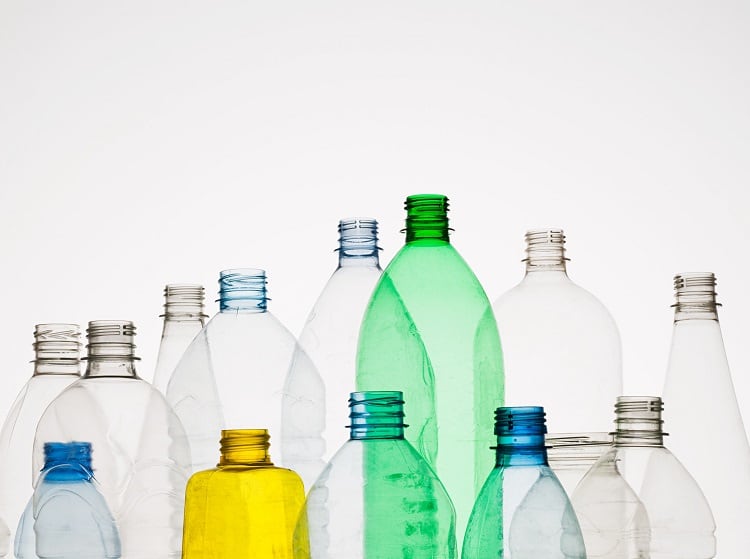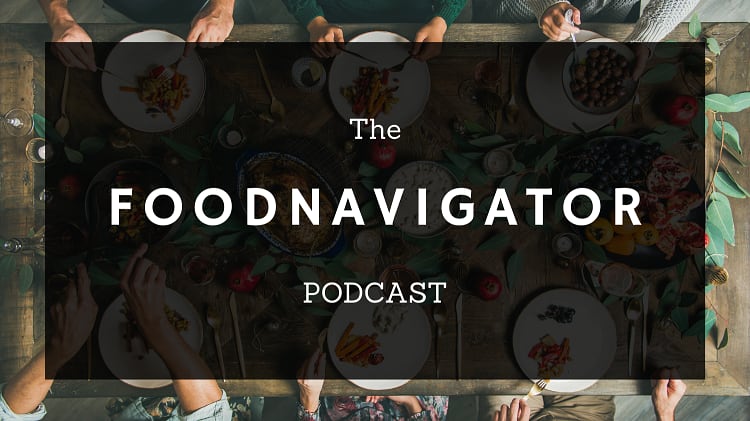In its annual report reviewing the collective action taken by its members – including the likes of The Coca-Cola Company, Carrefour, Danone, Mars Incorporated, Mondelēz International, Nestlé, Sainsburys, Tesco, The Kellogg Company and Unilever – the CEO-led organisation highlighted the progress FMCG manufacturers have made.
“2022 turned out to be another year of unexpected economic, environmental, social and geopolitical disruption – and it is testament to the agility and resilience of the industry that they collectively continued to drive better lives through better business,” said CGF Managing Director Wai-Chan Chan. “Through collaborative efforts across companies and geographies we’re seeing a huge uplift from the impact of our regional offices. In 2023 we will continue to build our influence in China, EMEA, Latin America, Japan and North America using tailored global strategies.”
The report, created with KPMG, examined the collective work the organisation has spearheaded across eight ‘coalitions of action’: food waste, forest conservation and regeneration, food safety, health, human rights, plastic waste, product data and sustainable supply chains. Measured against 2021’s stated goals, CGF reported progress to highlight ‘where change is happening and where more action is needed’.
"Despite challenges in the operating environment, we continue to drive forward and make progress. We are measuring metrics against milestones and are beginning to see progress,” commented James Quincey, CGF Board Co-Chair Chairman & CEO, The Coca-Cola Company.
2022 developments and 2023 outlook
The Coalition on Plastic Waste reported that 97% of its 40 members have integrated the ‘golden design rules’ on packaging into their decision-making processes. The CGF’s work on plastics also saw advocate further for extended producer responsibility through a published paper. Going into 2023, it aims to play a significant role in shaping the new United Nations plastics treaty.
Work to combat deforestation saw the Forest Positive Coalition release its second annual report to coincide with New York Climate Week in September. The report illustrated progress made by members on removing deforestation, forest degradation and land conversion from key supply chains.
The Human Rights Coalition accelerated efforts to make due diligence and responsible recruitment ‘the norm’ in the consumer goods industry. Coalition members continued to implement and improve human rights due diligence systems in their global own operations; launched the HRC's People Positive Palm Project in Kuala Lumpur to address forced labour risks in the Malaysian palm oil sector by driving collaboration throughout the value chain; and worked with industry partners to release guidance on how companies can repay worker-paid recruitment fees and uphold the CGF Priority Industry Principles.
The Collaboration for Healthier Lives continued its ‘hyper-local’ strategy in 2022 reaching 255 million people. It won the Sirius Sustainable Collaboration prize in France and putt a focus on reaching the underserved and less affluent populations in particular in the US. “The Coalition conducted a strategy refresh embedding sustainability in its core mission with healthier and more sustainable diets engaging over 600 CGF professionals in its learning series,” the CGF reported.
2022 also saw the Global Food Safety Initiative (GFSI) forge ahead with its programme of modernisation and reform - The Race to the Top Framework (RTTT) - designed to improve trust and confidence in benchmarking of third party food safety certification programmes and oversight of their performance; building food safety capability in SMEs and building partnerships with food safety regulators to support regulation. Additionally, 150,000 certificates were issued against GFSI recognised programmes and the GFSI conducted a yearlong consultation on its new capability building framework which will be piloted in 2023.
Members of the Food Waste Coalition, meanwhile, continued to report using the harmonised template on the Food Waste Atlas platform, helping to demonstrate a good reporting standard and promote greater transparency to the wider CGF member companies. The Coalition continues to serve as a platform for its members to share learnings and best practices for taking effective actions to reduce food waste in their own operations, as well as with their suppliers and consumers.
Looking to the coming year, Quincey said CGF members are raising their ambitions: “Now, we’re ready to build momentum and achieve substantive progress. It’s time to take it higher.”
The CGF claimed ongoing global crises such as supply chain disruption, conflict and the energy crisis have strengthened the need for a collective response.




